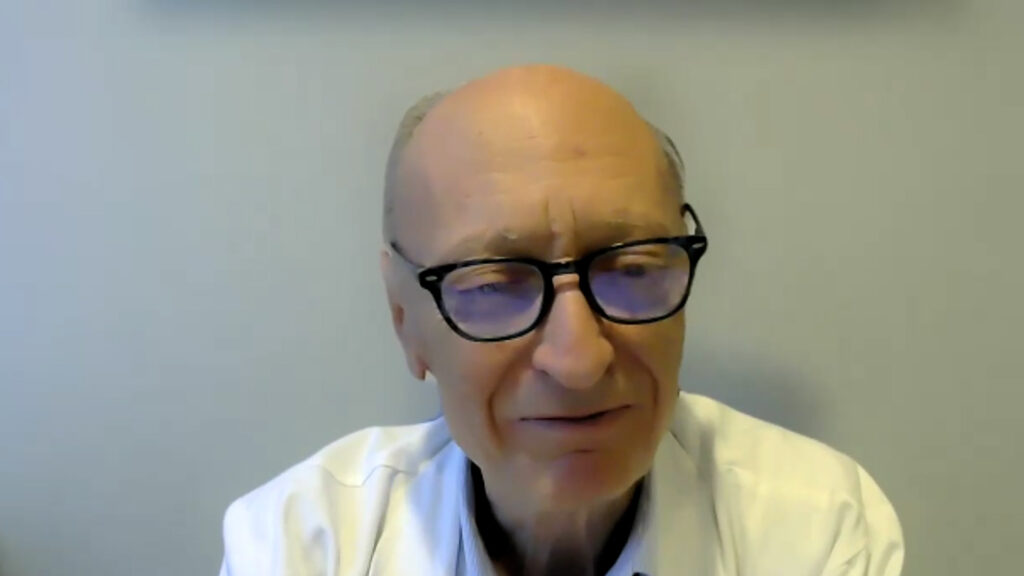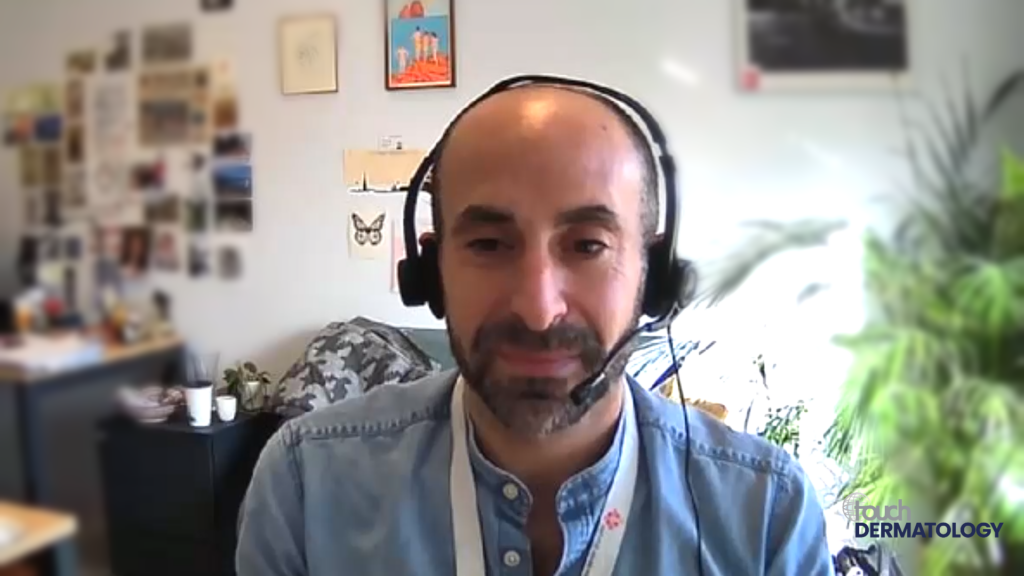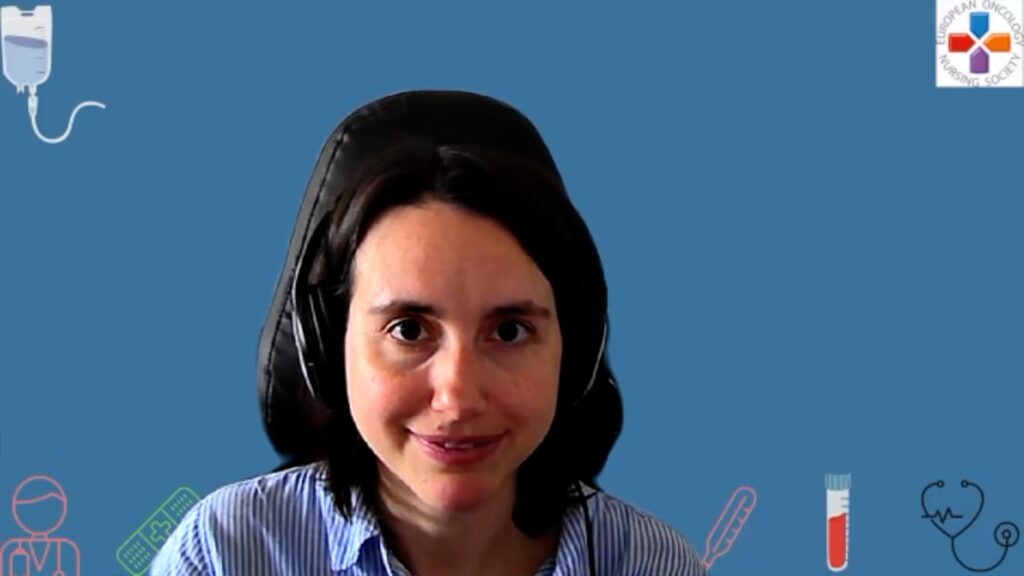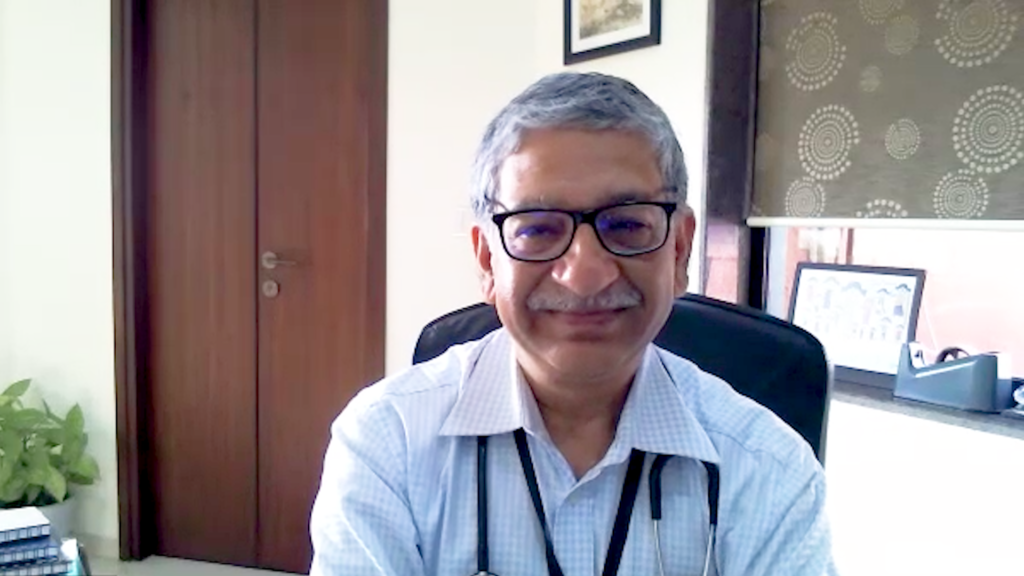Complete pathological response has been recognised as an important predictor of long-term remission, meaning it is often a key endpoint in clinical trials. Dr Bernardo Rapoport talks to touchONCOLOGY about complete pathological response and which clinical characteristics, such as molecular subtype and Ki-67, are associated with pathological response. Ki-67 is an important prognostic factor, not only in breast cancer but also in neoendocrine tumours, prostate cancer, and brain tumours. Dr Rapoport explains how the expression of Ki-67 translates to cell replication and how it can be an indicator of treatment response.
Questions:
1. What is the definition of complete pathological response? (0:11)
2. Why has complete pathological response become such an important endpoint in trials of neoadjuvant chemotherapy in early breast cancer? (1:09)
3. What were the most important prognostic factors associated with complete pathological response in your recent study? (2:03)
4. What is the Ki-67 protein and what is its prognostic significance in early breast cancer subtypes? (3:09)
5. What future studies are planned in the investigation of this potential biomarker? (4:30)
Speaker disclosures: Bernardo Rapoport has nothing to disclose in relation to this interview.
Filmed at the European Society for Medical Oncology (ESMO) 2018 Congress, Munich, Germany, 19–23 October 2018.












